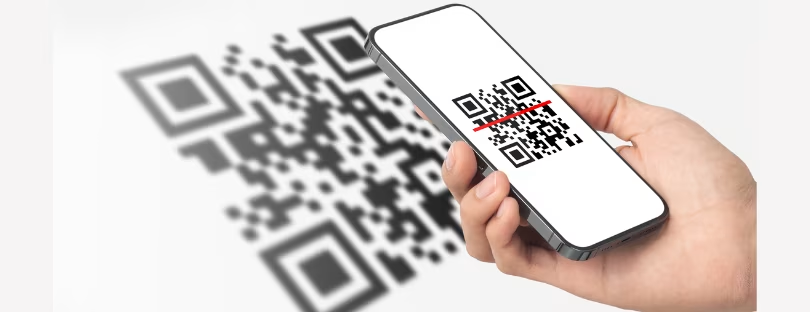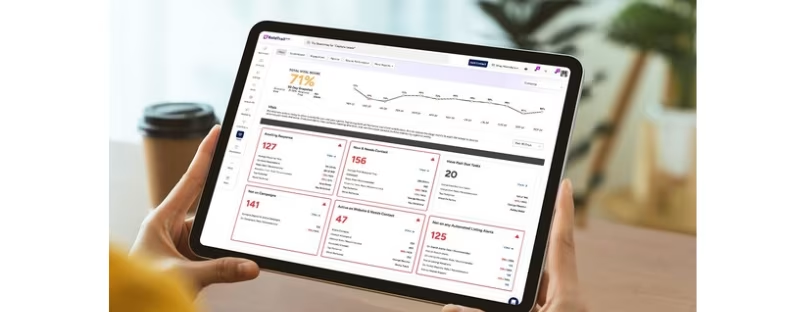
Business and IT Services Will Dominate Enterprise Spending on Blockchain Solutions, According to IDC
Interest and investment in blockchain as an emerging technology is accelerating as firms seek secure, sequential, and immutable solutions to improve business processes, enable new services, and reduce service costs
A new forecast from International Data Corporation (IDC) shows worldwide spending on blockchain services growing from $1.8 billion in 2018 to $8.1 billion in 2021, achieving a compound annual growth rate (CAGR) of 80%.
IDC defines blockchain as a digital, distributed ledger of transactions or records. The ledger, which stores the information or data, exists across multiple participants in a peer-to-peer network. There is no single, central repository that stores the ledger. Distributed ledgers technology (DLT) allows new transactions to be added to an existing chain of transactions using a secure, digital or cryptographic signature. To develop, build, deploy, and maintain these distributed ledgers and smart contracts, enterprises are turning to professional services firms, systems integrators, and application developers.
“IDC believes the short-term blockchain services opportunity is small but strategically important, as developers, vendors, and their customers work out the standards and protocols and promote blockchain capabilities as a ‘trust and scale’ alternative to traditional database, ETL, and OLTP applications,” said Michael Versace, research director, Digital Strategy Consulting at IDC. “Over the long-term horizon, blockchain services, including business consulting, IT consulting, custom development, and managed services, have the potential to become foundational to a new generation of enterprise IT infrastructure, resulting in a growing demand for consultants and developers and hundreds of billions of dollars of market size for the service company of the future.”
As blockchain begins to find its way into corporate strategies and business processes, a variety of business and IT consulting, development, platform, outsourcing, and educational services will be needed. These fall into three market segments:
Project-oriented services consist of business consulting services that define enterprise strategy and readiness, identify high-value applications and profit pools, and metrics for value creation using blockchain technologies; IT consulting services that advise on platform selection, data and system architecture, application performance, capacity and business continuity planning; system integration for the planning, design, implementation and management of blockchain solutions; and custom application development to design, build and test new blockchain applications.
Outsourced services consist of business process outsourcing for the execution of key business activities, business processes, or entire business functions by an external (third party) services provider or outsourcer; and other outsourced services such as hosted application management, blockchain infrastructure outsourcing, and hosted infrastructure services.
Support services which consist of support and training services including hardware and software deployment and support services, content development, training processes to support enterprise, partner, or end-user adoption of blockchain networks and technologies.
“IDC expects to see dramatic growth in the blockchain developer marketplace over the next several years,” noted Versace. “By 2021, the number of consultants and developers in blockchain services will have grown tenfold from current estimates.”








